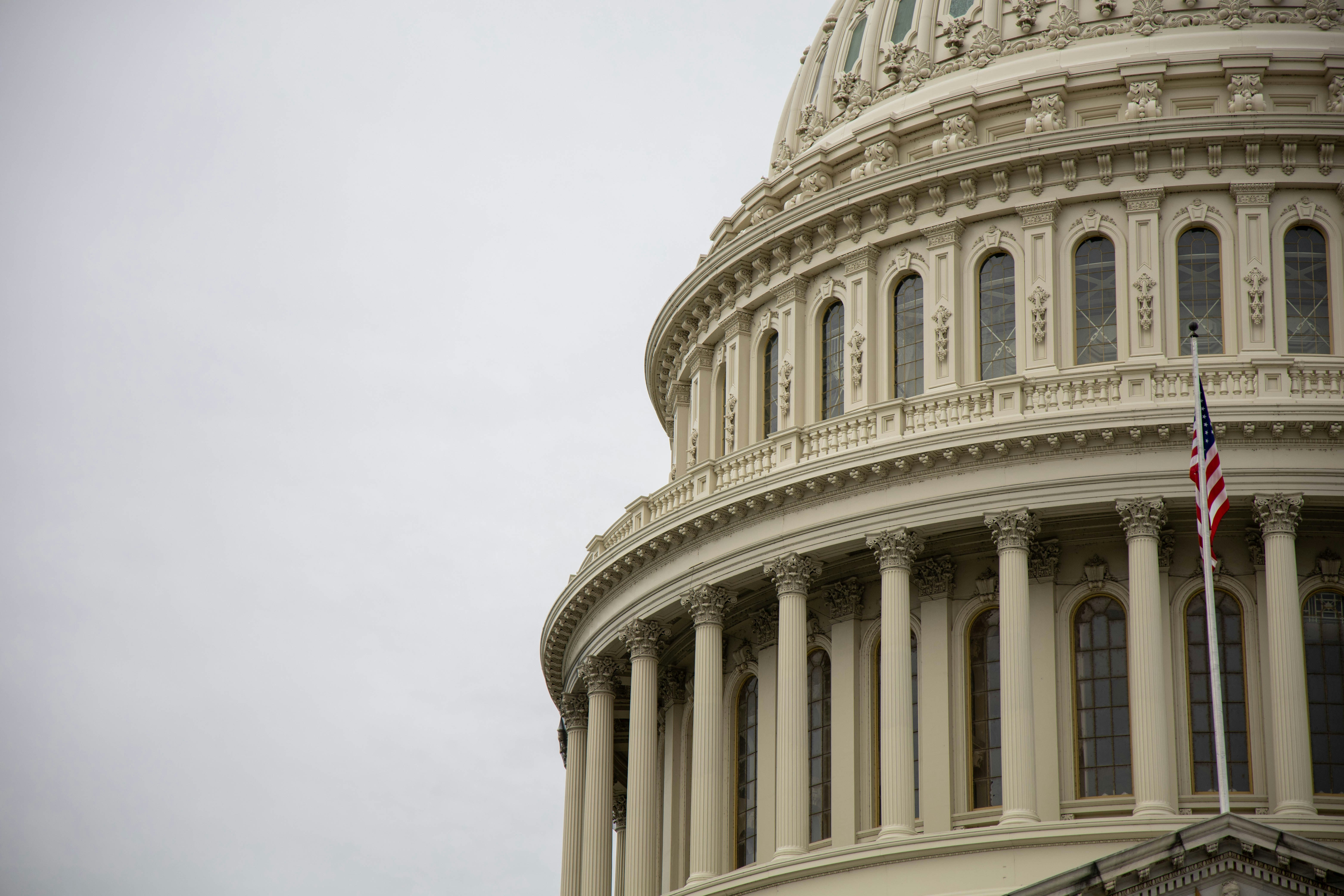Paparazzi in TMZ and New York Post publications shared pictures of Vanessa Hudgens leaving the hospital with her newborn, which disappointed her despite her elation at welcoming a new baby into her life. Was this a violation of the actress/singer’s right to privacy?
Hudgens Felt Disrespected
After the pictures were published, Hudgens discussed being photographed on July 3 while leaving a Santa Monica, CA, hospital with a baby in her arms.
“We’re disappointed that our family’s privacy was disrespected and exploited during this very special time due to the greed of a long-lens camera feeding the media. Despite all of that, mom and dad are happy and healthy,” she wrote in an Instagram post.
Her post expressed her disappointment but confirmed that she welcomed her first baby with her spouse, Major League Baseball player Cole Tucker. The two began dating in 2020 and wed early last year in Tulum, Mexico. They revealed they were expecting their first child in March.

What are the Right to Privacy Laws?
So, did the invasion of Hudgens’ privacy violate her rights? Laws vary from country to country and state to state. Paparazzi took the photos of Hudgens in California, where an invasion of privacy statute exists.
The invasion of privacy statute prohibits paparazzi (and any other individual) from taking photos of celebrities on private occasions. If photographers receive payment for these photos, they must forfeit the profits. Additionally, the first publishers of the images could face fines of up to $50,000.
However, the law does not restrict the press from taking photos of celebrities in public. Hudgens was technically out in public when Paparazzi took the picture. Therefore, she does not have a legal case against the paparazzi.
Other Paparazzi Right to Privacy Laws
In 2010, California passed another paparazzi-related law following the privacy statute created in 1998 shortly after Princess Diana’s death. This law addressed the risk of reckless driving by press members who follow celebrities in their cars to capture photographs.
Press members who engage in reckless driving to capture a celebrity on film could face fines ranging from $145 to $1000 and a 5 to 90 days jail sentence. If an incident endangers a child, the defendant may face up to one year in jail and fines of up to $5,000.
Another law went into effect in California in 2013 prohibiting paparazzi from attempting to videotape or photograph children of celebrities in a harassing manner. The press could face fines of $10,000 and a year in prison if they harass these children to get a photo. Although the matter with Hudgens did involve a child, they did not harass her baby.
Criticisms of California’s Paparazzi Laws

California’s right-to-privacy laws have helped celebrities maintain their privacy. However, there are opponents.
For example, the California Newspaper Publishers Association feels the laws undermine the press’s right to gather news freely. It also argues that it is unfair for paparazzi to face reckless driving charges when taking photos.
Throughout history, there have long been debates between anti-paparazzi laws and the First Amendment. California and other states have laws that protect celebrity privacy, but do they infringe on the press’s First Amendment rights to express and gather information?
When the matter is brought to court, the outcome can be uncertain. Sometimes, celebrities’ right to privacy outweighs the press’s freedom of expression. In some cases, paparazzi rights take precedence over celebrities who argue that press-related activities disrupt them.

